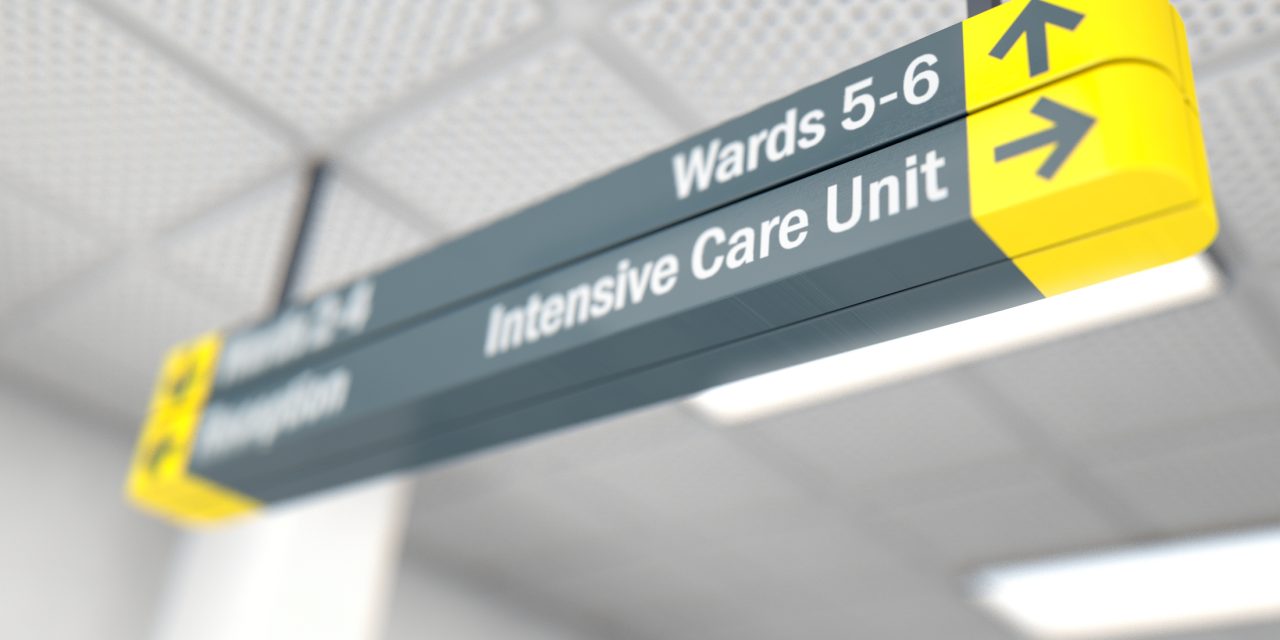Coronavirus disease 2019 (COVID-19) is a global pandemic causing one of the biggest challenges for critical care medicine. Mortality from COVID-19 is much greater in elderly men, many of whom succumb to acute respiratory distress syndrome (ARDS) triggered by the viral infection. Because there is no specific antiviral treatment against COVID-19, new strategies are urgently needed. Selenium is an essential trace element with antioxidant and immunomodulatory effects. Poor nutritional status increases the pathogenicity of viruses and low selenium in particular can be a determinant of viral virulence. In the past decade, selenium pharmaconutrition studies have demonstrated some reduction in overall mortality, including how reduced incidence of ventilator-associated pneumonia and infectious complications such as ARDS in the critically ill. Consequently, we postulate that intravenous selenium therapy, could be part of the therapeutic fight against COVID-19 in intensive care unit patients with ARDS and that outcomes could be affected by age, sex, and body weight. Our working hypothesis addresses the question: Could high-dose selenite pharmaconutrition, as an early pharmacologic intervention, be effective at reducing the incidence and the progression from type 1 respiratory failure (non-ARDS) to severe ARDS, multiorgan failure, and new infectious complications in patients with COVID-19 patients?Copyright © 2020 Elsevier Inc. All rights reserved.
Pharmaconutrition revisited for critically ill patients with coronavirus disease 2019 (COVID-19): Does selenium have a place?


